The blocks combine ash from incinerated sewage with vegetable oil to make blocks which are classified as carbon-negative because the oil comes from plants which have sucked out C02 from the atmosphere.
The university spin-out company Encos has been specialising in alternatives to traditional building methods and the new blocks are being developed for commercial use.
During a patented process standard oils undergo a number of complex chemical reactions which transform it from a viscous liquid into a solid binding matrix.
Masonry units incorporating the binders and manufactured at the Encos laboratories have successfully passed crucial industry tests including fire, freeze-thaw and compressive strength.
The firm has also produced bricks and slips using the process.
The products were also successfully used in the construction of several ‘test walls’ including one at Poundbury – the urban development project built on land owned by the Duchy of Cornwall.
Jon Brigg, a spokesman for Yorkshire Water, said the bricks and blocks were classed as carbon negative because the plants used to make the vegetable oil have absorbed CO2 from the atmosphere.
He said: “We are always looking for ways in which we can make the best use of our waste to have a positive impact on our environment, and this project is a great way to reuse incinerated sludge ash which has traditionally been sent to landfill.
“With new building regulations coming into force in the next few years home builders will need to reduce the embedded carbon cost of all new homes – the bricks and blocks will provide a perfect alternative to traditional house bricks.”
A scale production plant is in design and is planned for operation in 2012.
Encos masonry blocks and bricks have been calculated to achieve a reduction of 160% and 120% respectively in greenhouse gas emissions, compared to traditional clay bricks and concrete blocks.





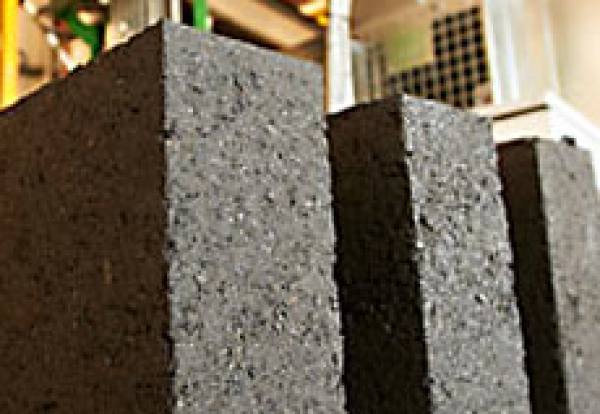



 (300 x 250 px).jpg)


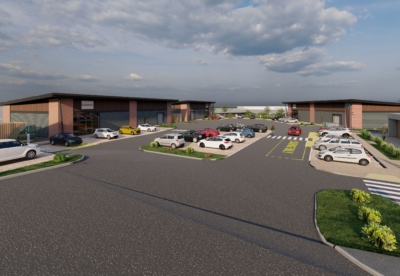









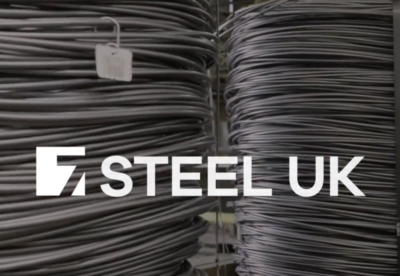





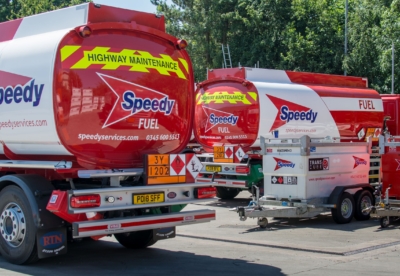


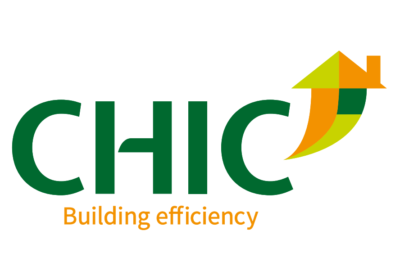






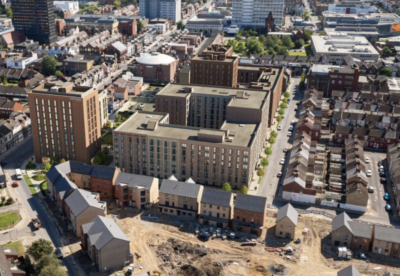















.gif)